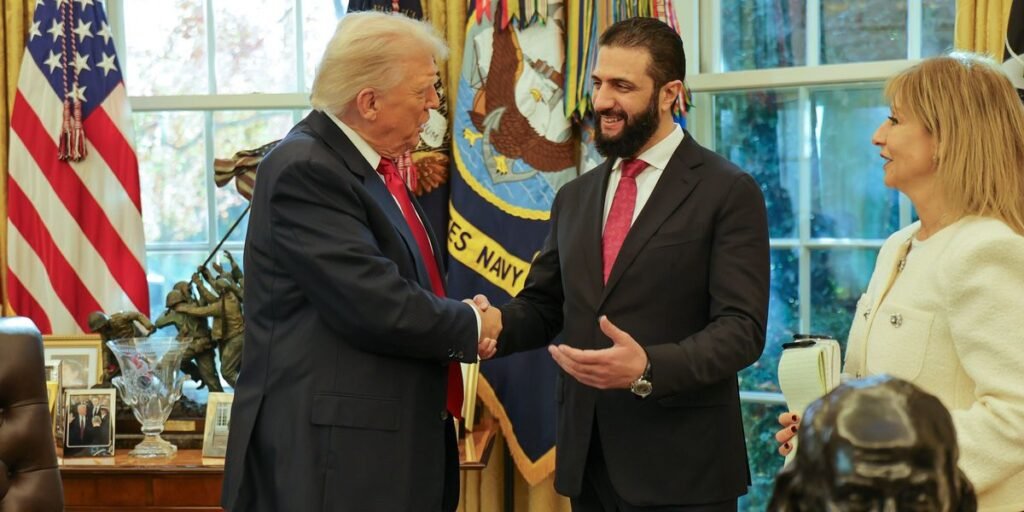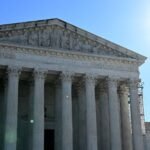Now Reading: Charges against ex-FBI Director James Comey outlined live
-
01
Charges against ex-FBI Director James Comey outlined live
Charges against ex-FBI Director James Comey outlined live
Article Summary
The indictment stems from Comey’s statements regarding whether he authorized a source at the FBI to leak information related to an investigation of Hillary Clinton. This testimony was scrutinized in light of a 2018 inspector general’s report that found former FBI Deputy Director Andrew McCabe “lacked candor” in his statements about similar leaks. With the case still in its preliminary stages, U.S. District Judge Michael Nachmanoff has yet to set a trial date, and prosecutors must share their evidence with Comey’s defense team.
In response to the indictment, Trump has labeled Comey a “Dirty Cop” in his social media posts, asserting that Comey’s previous actions during the investigation of Russian interference justify the charges. The FBI’s conduct during this investigation has faced criticism from both Republican and Democratic circles, further polarizing opinions about its legitimacy. The broader context includes previous scrutiny of the FBI by a special counsel and ongoing tensions regarding the agency’s responsibilities.
The Comey indictment highlights concerns among Democrats and civil liberties advocates that Trump is using the Justice Department as a political tool against adversaries. The potential impact of this case could extend to other political figures as Trump reportedly aims to target various opponents, including Sen. Adam Schiff and former President Barack Obama. Both figureheads have faced political backlash related to the investigations into Trump.
Amidst all this, the legal landscape remains complex, with other investigations into figures linked to the Russia inquiry and GOP figures urging further action. Former National Security Adviser John Bolton and other public figures are also under scrutiny, creating a charged atmosphere where political motivations and legal ramifications are deeply intertwined. As the case against Comey unfolds, it will likely continue to stir controversy and debate about the intersection of politics and justice.












